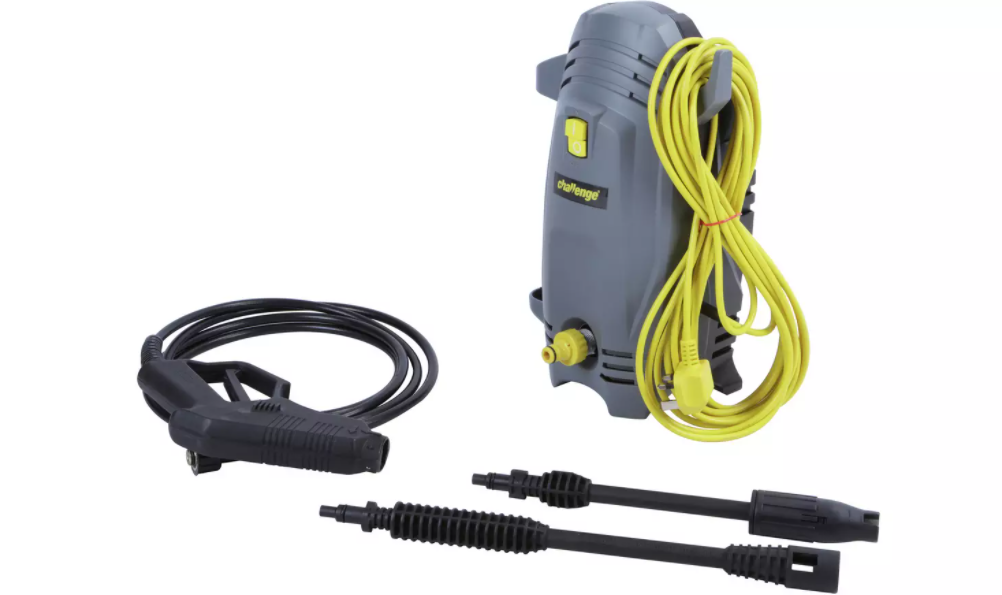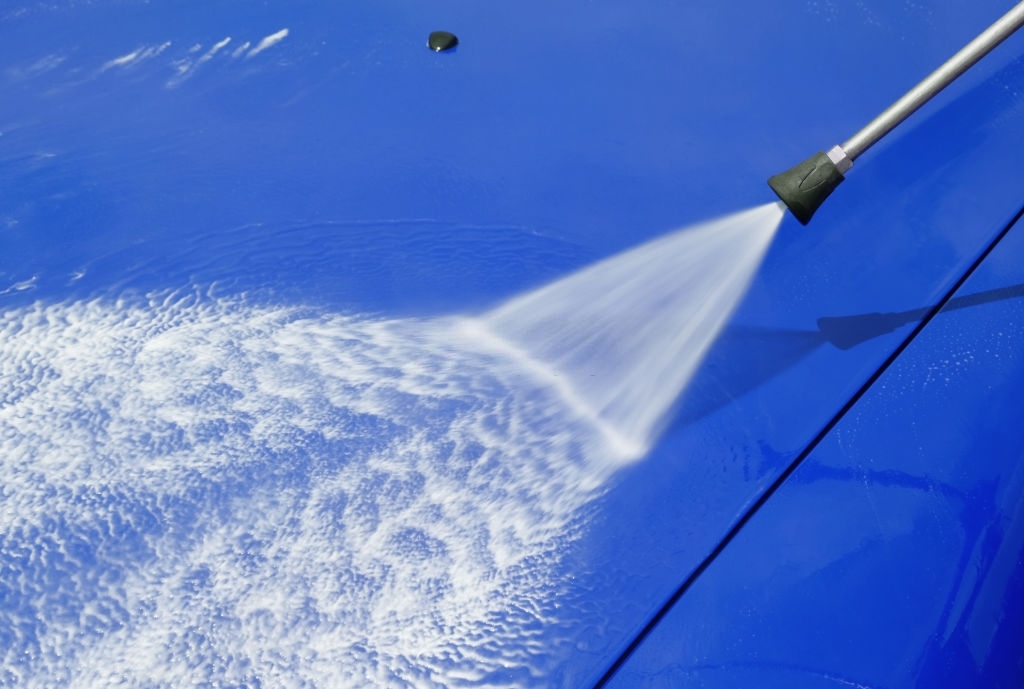For a lot of people, the pressure washer is one of the most common tools in their toolbox. It’s easy to see why: pressure washers are lightweight, powerful, and inexpensive.
A pressure washer works simply by pulling water through an engine and sending it through a wand that heats up and sprays or blasts it at high pressure. You can think of it as a hose with a spray nozzle on the end.
The problem is that many people assume that the best pressure washer engine oil and pump oil have the same performance requirements. They don’t! Engine oil is not designed to lubricate motors; it is formulated specifically for gasoline engines. Motor oils are generally made from synthetic base stocks, which are blended with additives to improve engine performance, reduce wear and extend engine life.
Pump oil is designed to lubricate hydraulic systems — pumps, valves and cylinders — in industrial machines and other applications where high-pressure water flows through metal parts. Pump oils contain lubricants specially blended for specific types of pumps and hydraulic systems, such as transmission fluid for automatic transmissions in cars or gear-driven turbines in wind turbines.
Major Difference Between Engine Oil and Pump Oil for Pressure Washers
Pump oil is designed to withstand the high temperatures of a pressure washer. It should be thicker than regular engine oil, and will have an additive package to protect the metal parts. It will have a higher viscosity specification than regular engine oil, which requires higher energy from the motor in order to move through the system. Pump oil has additives to help prevent wear and tear, and protect against corrosion.
Engine oil is designed for standard engines (approved by the manufacturer as “carrier” oil), and should be thinner than pump oil. Engine oil has no additives or other high-tech compounds, but it does have cleaner technology to reduce friction between moving parts in an engine, so it reduces wear and tear on internal parts.
Engine oil has no additive packages or high-tech compounds, but it does have cleaner technology to reduce friction between moving parts in an engine, so it reduces wear and tear on internal parts. A typical car engine produces 10-15 quarts of oil per year; a pressure washer uses many times that amount per hour on average.
What to Look for in Pressure Washer Engine Oil
First, check that it contains only mineral oil, rather than synthetic or other compounds. Manufacturers do like to use synthetics in some applications, but mineral oil is still the best choice because it has properties that allow it to withstand high heat and pressure over long periods without degrading too much over time.
Chemical additives. Engine oils that contain chemical additives supposedly make them last longer between changes, but these additives increase risk of engine failure from overheating. Chemical additives are common with synthetic oils.
Temperature range. There are two temperature ranges in which pressure washer engines operate: cold and hot. If you’re using a hot-temperature product like a pressure washer with a hot-water heating system, it’s important to pick an oil that is compatible with both temperatures in your application. Some pressure washing products may be able to operate just fine with lower-quality oils, but if you’re using hot water while you clean with them, they could fail prematurely if they aren’t up to specifications.
Get the best affordable pressure washer today and feel the experience of changing oils and servicing its parts. Visit Giraffetools collections and get the best.








